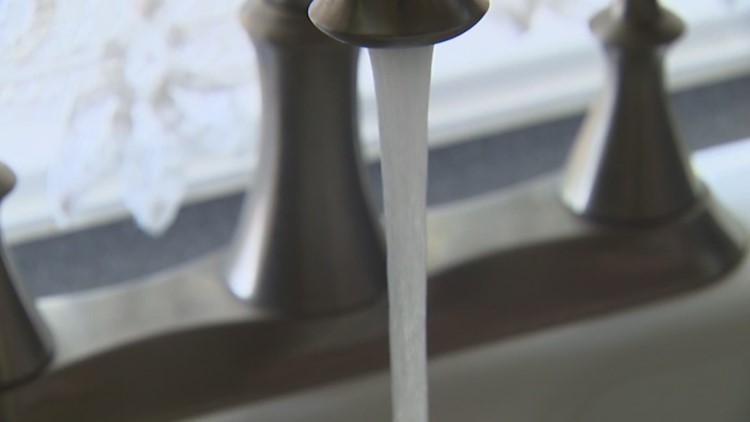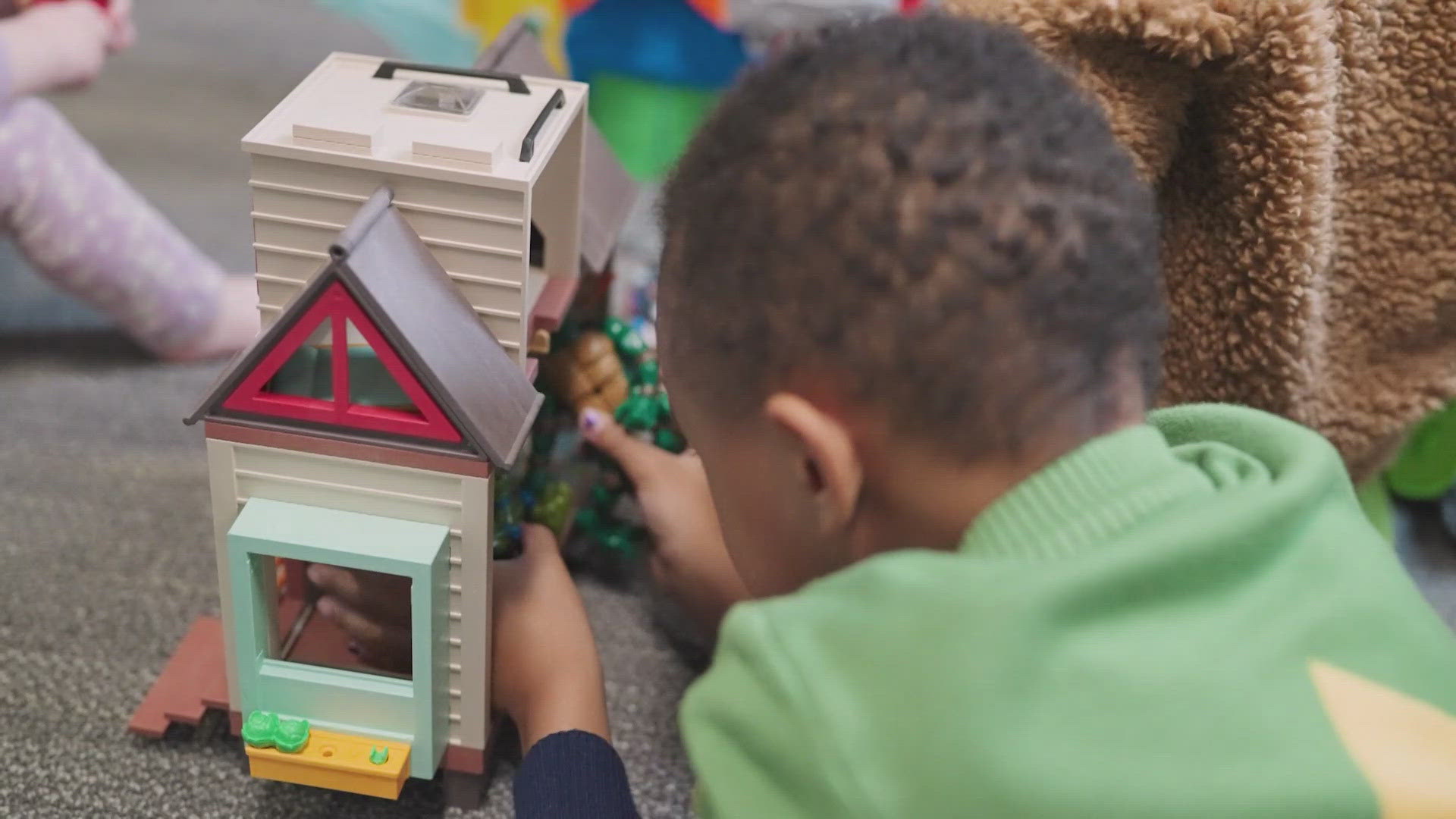A national report published last week found that Washington state failed to protect students from unhealthy drinking water.
The Seattle Times reports that Washington and nearly two dozen other states received a failing grade for their efforts to remove lead from drinking water in public schools. Environment America Research & Policy Center and U.S. PIRG Education Fund graded 32 states on their policies to protect students from contaminated water.
Washington took home an "F" for failing the report's criteria to require schools to test their water. Right now, schools in the state test water quality on a voluntary basis.
In the report's summary, its authors call for immediate action from lawmakers to introduce and pass legislation to protect students.
Washington and a handful of other states received an honorable mention for proposing law or rules that would increase their grade if adopted. Washington state would have received a "B+" if its proposed policies to require water testing had been adopted.
According to the report, House Bill 1860 would have required "schools to proactively install certified filters on potable water outlets." The schools would also have to shut off taps under the bill where drinking water tested with lead concentrations above 5 ppb. HB 1860 did not make it past a first reading in the state House.



